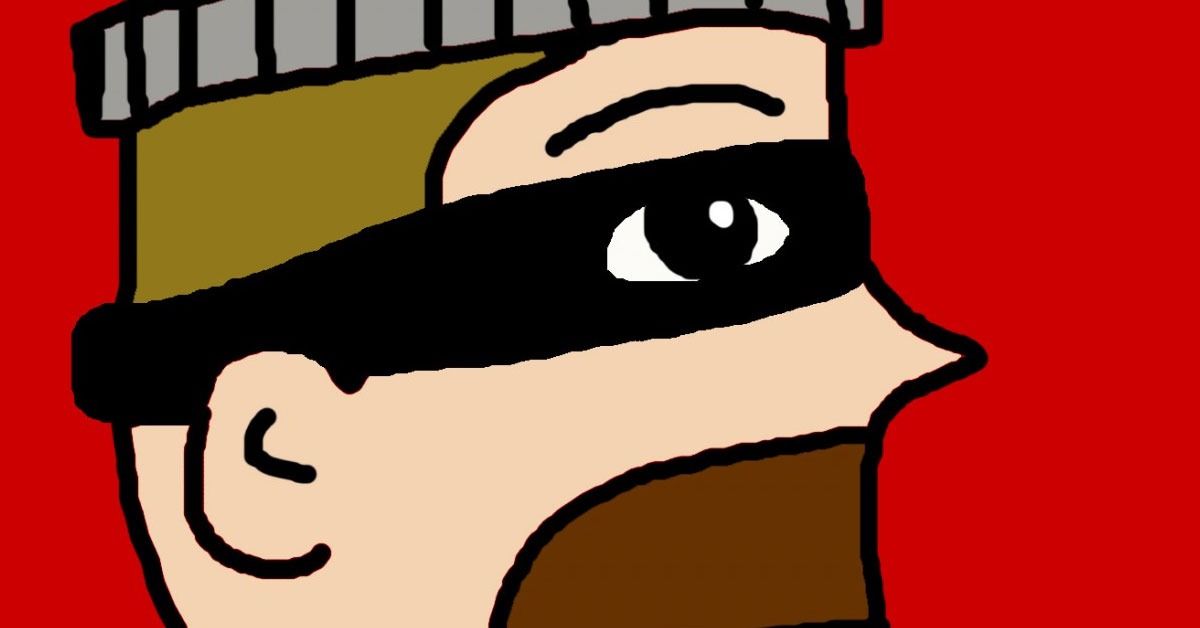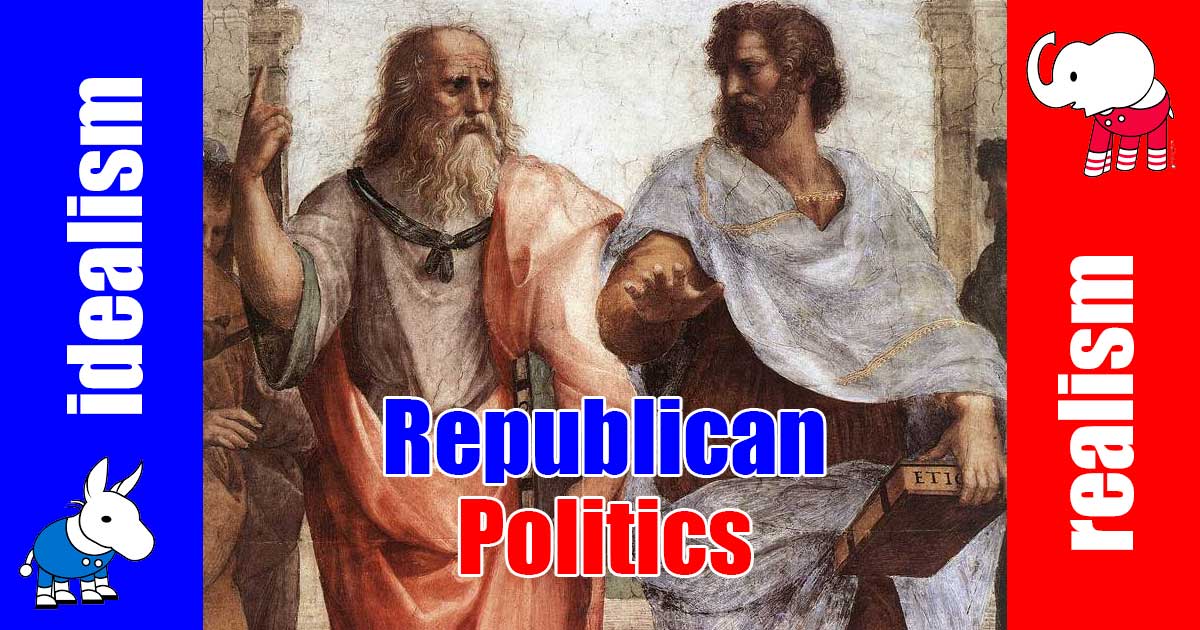What is Criminal Virtue?

Criminal virtue is a concept eluded to in Machiavelli’s the Prince. It describes calculated “criminal acts” that can help one get ahead in politics.
Niccolo Machiavelli is the father of modern political science. He wrote the book on political realism, and underhanded political tactics, after his political career was ended by a hereditary prince.
Consequently, Machiavelli’s book, The Prince, can be read as satire meant to teach high level political tactics to anyone other than the hereditary prince who took over the free Republic Machiavelli enjoyed in Florence.

Criminal virtue is a concept eluded to in Machiavelli’s the Prince. It describes calculated “criminal acts” that can help one get ahead in politics.

Plato can be understood as the father of rationalism and political philosophy (political idealism), and Aristotle, his student, the father of empiricism and political science (political realism).

The bed of nails principle states that while laying on one nail is enough to puncture a person’s skin, laying on many distributed nails isn’t.

Political realism is dealing with politics as they are in reality, political idealism is dealing with politics as an ideal.